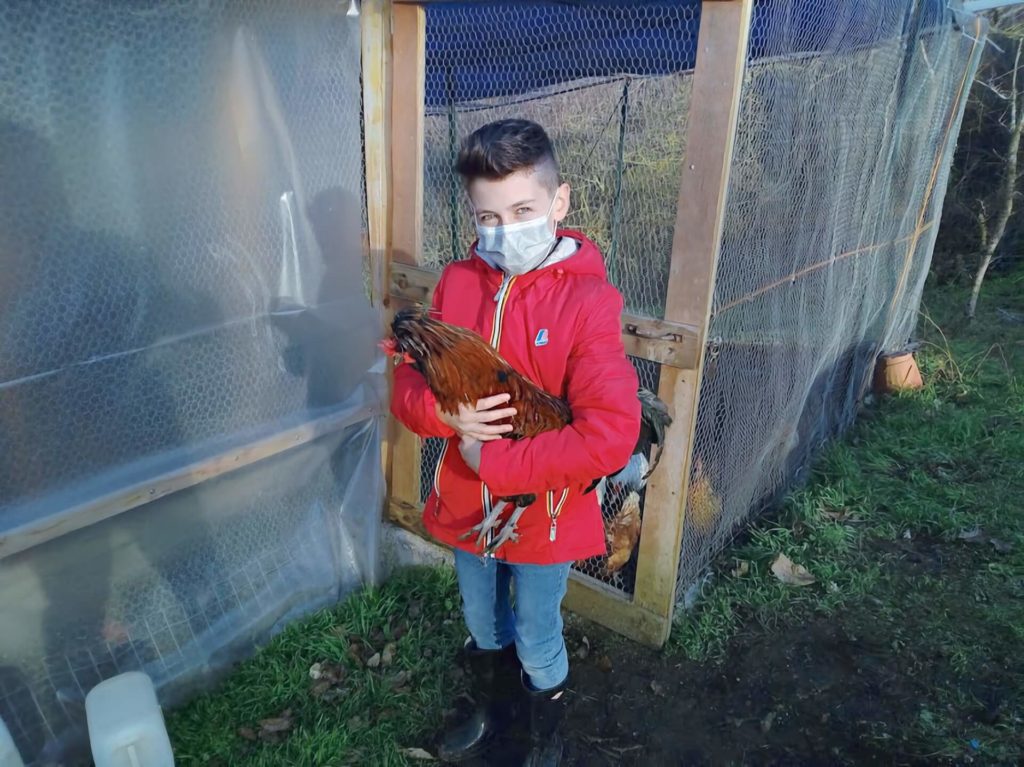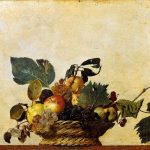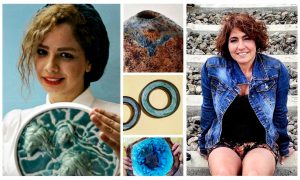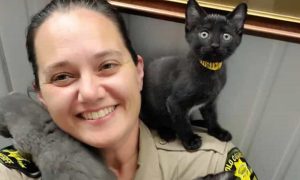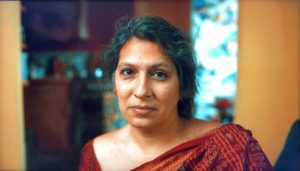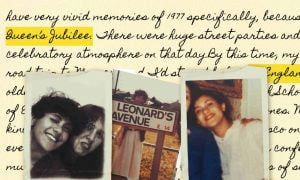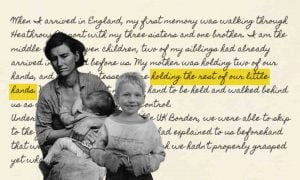In a recent interview with UN-aligned coordinator, Adrian Liberto, the 11 year old Andrea Piccinelli shares his story about how he developed a love and friendship with his chickens.
Well, some are literally golden in as much as they have a golden hue, but they are all golden in the sense that they are entirely cruelty free. Andrea Piccinelli lives in Magliano de Marsi, a small town in the Abruzzi, Italy, at the foot of the Monte Velino. His passion is looking after his chickens. His love for the animals and his determination are so strong that you would think that these traits must be in his genes. Maybe they are, a distant relative was a Franciscan Friar Pamfilo of Magliano, famous for compassion and for his part in founding St. Bonaventure University in New York. What is certain, is that this young lad has come up with his own exit strategy for intensive chicken farming. His enterprise is also a wakeup call. What will the future be for all these farm animals we have enthralled for millennia? This is something that without doubt requires considerably more thought, especially now that intensive farming may be meeting its nemesis thanks to growing public awareness into the unethical practices of the industry.
I interviewed Andrea by his chicken coop on a bright December afternoon.
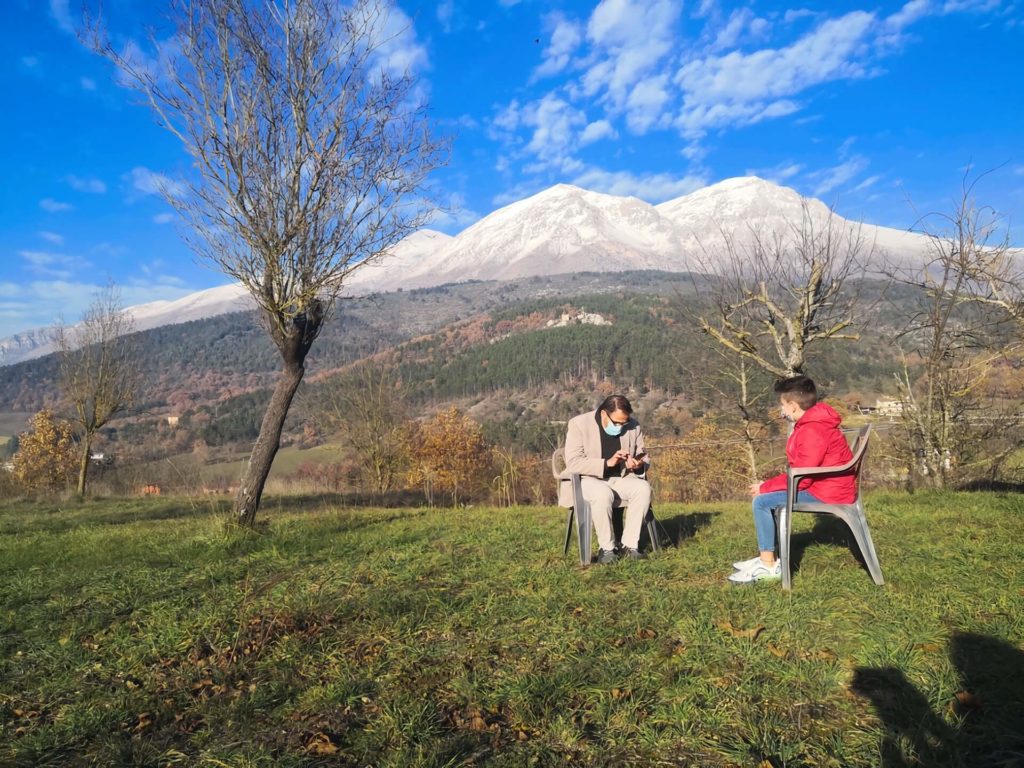
Interviewer: Tell me a bit about yourself and how you developed a love for chickens?
Andrea: Well, my name is Andrea and I am 11 years old. I live with my 14-year-old sister called Chiara and my parents who support me a lot with this passion of mine, which as you know is my chickens. My passion was aroused by one of my cousin’s teachers, who sells potatoes, but she also has chickens. My sister also knows her and when we’d go to buy potatoes, she would always suggest I went to have a look at her chickens. So, one day I agreed and when I saw the chickens I was immediately smitten! It was love at first sight! My uncle also has some chickens and he too would invite me to see them, so he contributed to this passion of mine.
A year or so later, when I did my first holy communion, I therefore asked for one single present: a chicken coop. I hence began with three chickens and a little henhouse. Then, soon after, I began to expand. I acquired more chickens and extended the coop. A little while later, my sister who is a good wood worker, built me a larger henhouse. Around that time, another cousin of mine surprised me with gift: five little chicks. These joined the others and are now fully grown chickens.
Still, I wanted to continue moving forward and I created a nice outside space for them where they could do their dust bathing, which is necessary to keep them healthy by protecting them from bacteria and mites, for example. So, I have chickens, and as you can hear, roosters also. Therefore, chicks are also hatching. I have many varieties of chickens besides the classic ones, and they lay different coloured eggs: blue, green, gold, white…
How many birds have you got and what do you do to ensure that they are happy and well looked after?
At the moment I have 30 chickens and two ducks. I have a special rapport with them and I can immediately gage if they are feeling well or not. Moreover, my mother’s brother is a vet, therefore, whenever I notice that one of the chickens is not looking well, I immediately contact him and he does his best to make them better. Of course, I also change their nesting hay and make sure there is nothing there that can harm them. I also help clean them and occasionally provide them with sand or ash baths that help them get rid of fleas and the so-called red mites, which can harm and sadly even kill them.
The chickens also love me very much. For example, two older chicks called Sole and Marto became particularly attached to me. One day, my sister and I tried to train them. Day after day, we encouraged them to become even more trusting. Soon, they were happy to oblige, although it was harder for Marto because he was born with a broken leg which healed awkwardly. Nevertheless, they are healthy and trusting and when they see us, they want to climb all over us (shoulders, knees, arms…).
Do you know anything about the type of intensive farming that produces the eggs that are for sale in supermarkets?
Sadly, yes. I know how intensive farming treats chickens. First of all, they keep them in cages and this is already cruel. Moreover, if one is unwell, they do not bother to treat it; and if it dies the other chickens are left to walk over its carcass. And then, of course, only female birds lay eggs, so if male chicks are born, they sadly kill them. This is not very nice and they should stop it. However, even if they stopped killing and neglecting, the chickens would still remain in cages. Therefore, all chickens should be free range as anything less is wickedness.
What do you do when a chicken no longer produces eggs, or when one dies?
So, for me, the hens are like my daughters and I am very attentive towards them. Therefore, if a hen is sick, as I have mentioned earlier, I immediately contact my uncle who tries to cure her. Then, if sadly one should not make it, I arrange a funeral service for her. In fact, I have plotted a little graveyard for the chickens and when one dies, I invite people to the funeral. But, anyway, I always try to nurse them to health when they are unwell.
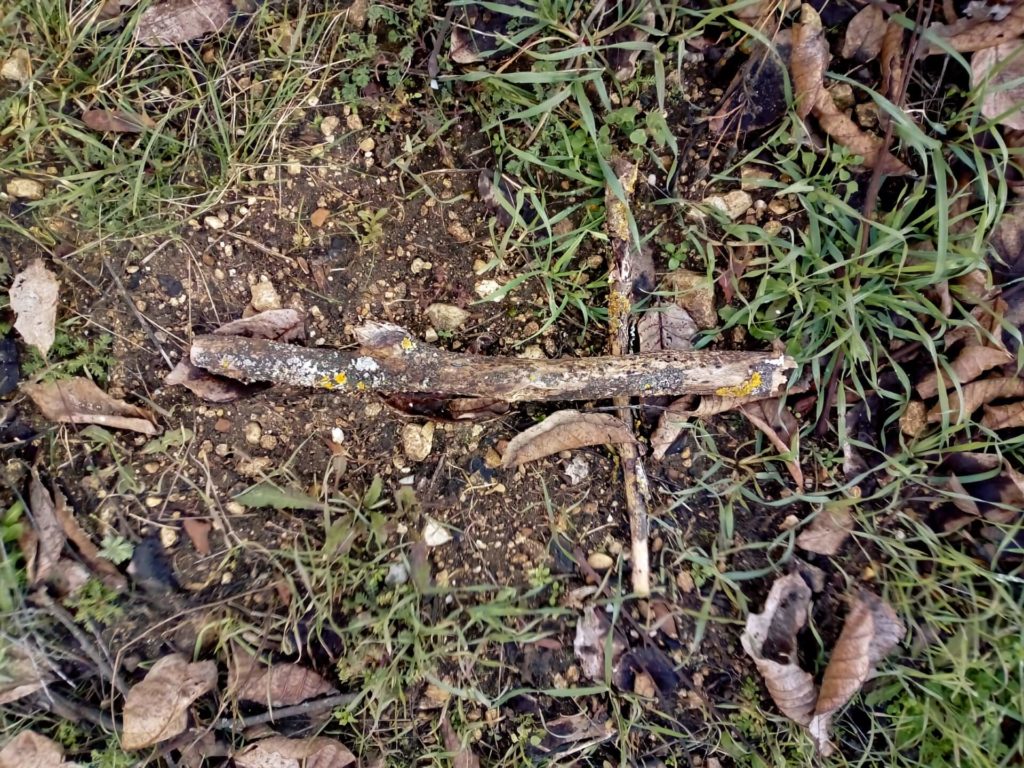
When they get old and can no longer produce eggs I would look after them like the rest of my daughters. If one’s daughter can no longer lay eggs, one does not give her away. That should be obvious, shouldn’t it? Therefore, I would keep her like any other chicken.
Do your chickens have names?
Certainly! Some even have a nickname. Sometimes a group name is made up of the names of the individual chickens, for instance the five chickens Gal, Li, Nel, Li and Na make up the word Gallinellina (little chicken). And then there are the roosters. One was called Maria Teresa, after my aunt who had given it to me. When I realised that it was a cockerel, however, I adapted his name to Mario Tereso to make it sound masculine. The ducks are called Dorothy and Gina.
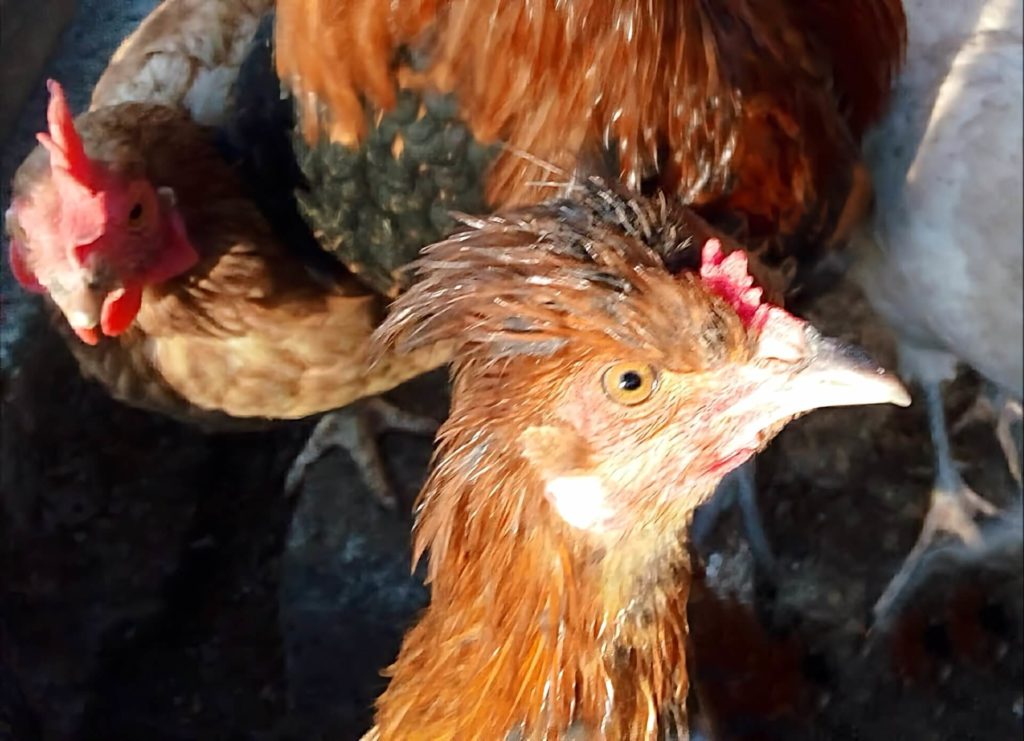
Would you like to work with animals or agriculture in the future?
Definitely! So, ever since I started rearing chickens, I naturally started to think about what I would want to do when I grew up. I decided I would like to open a friendly farm. Hence, when the chickens lay their eggs, I sell them and put the money earned in a special moneybox. Therefore, my intention is to buy a friendly farm with the money I am earning. There, I would like to look after animals, especially chickens, and have a vegetable garden. This has been my dream ever since I started raising chickens. I really hope my dream will come true!
If someone gave you a magic wand, what would you wish for?
If I had a magic wand, I would first of all wish that my chicken coop would be bigger. I would consequently expand my activities. And I would also wish that intensive farming methods that use cages would no longer exist and that all chickens could be free range, with proper care for sick chickens. And obviously, as I have already mentioned, my dream is to have a friendly farm. Therefore, with my magic wand I would want that farm as soon as possible so that my dream can come true.
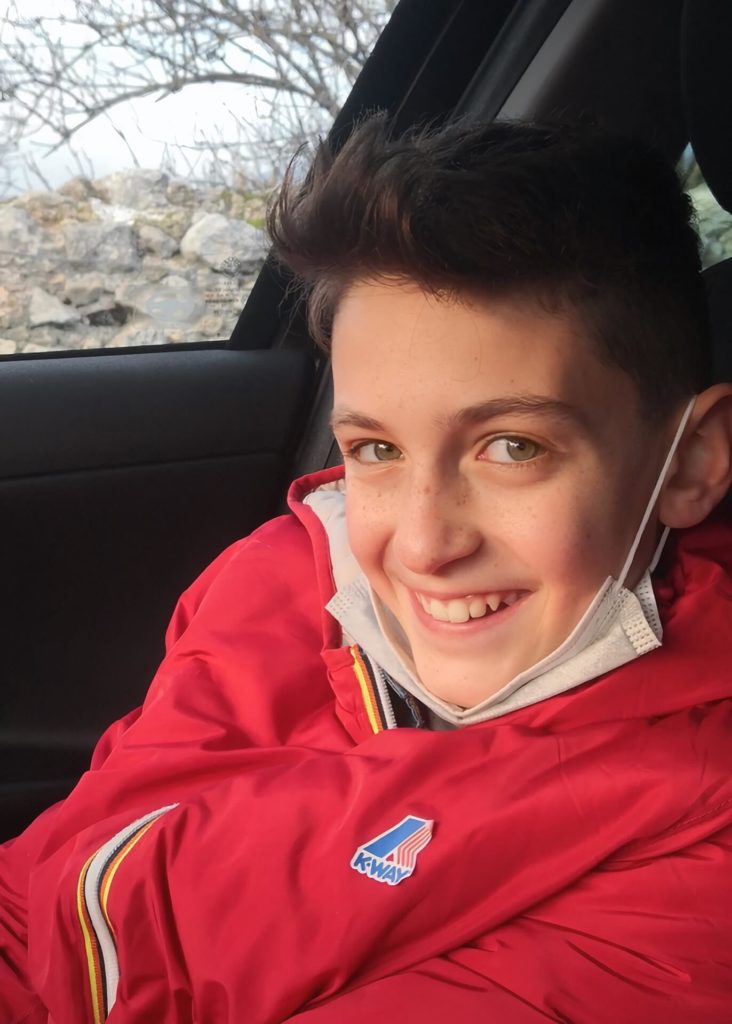
Is there anything else you would like to add?
Andrea: When I first started out, they had told me that it would have taken about a month for the chickens to start laying because of the trauma involved in being moved from one place to another. However, mine were taking longer; and since chickens, like other animals, find music stimulating, I used music to encourage my chickens to lay eggs. It had to be classical music; therefore, I would wake up early every morning and let them listen to music by Ludovico Einaudi to stimulate them to start laying. In fact, the music did help them and they soon started laying eggs for me.
- A few days after the interview, Ludovico Einaudi, whose music inspired Andrea’s chickens to lay, sent him an encouraging little video. As Einuadi sat at his piano and played a few introductory notes from one of his well-known pieces he told Andrea how he was looking forward to tasting the special eggs… Andrea quickly replied saying he would be so pleased to send him the eggs and started making arrangements to do so.



